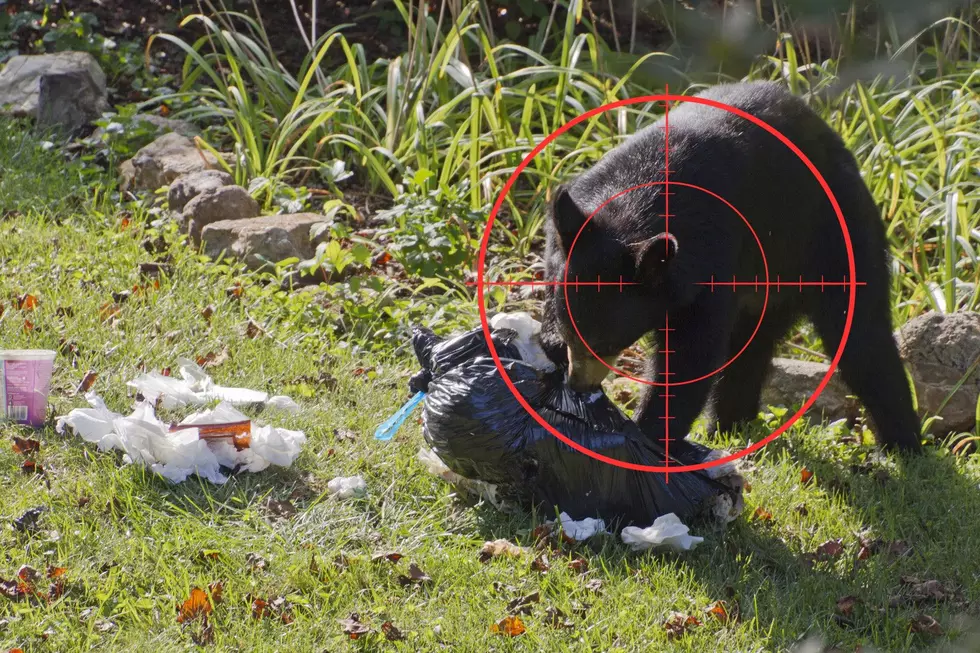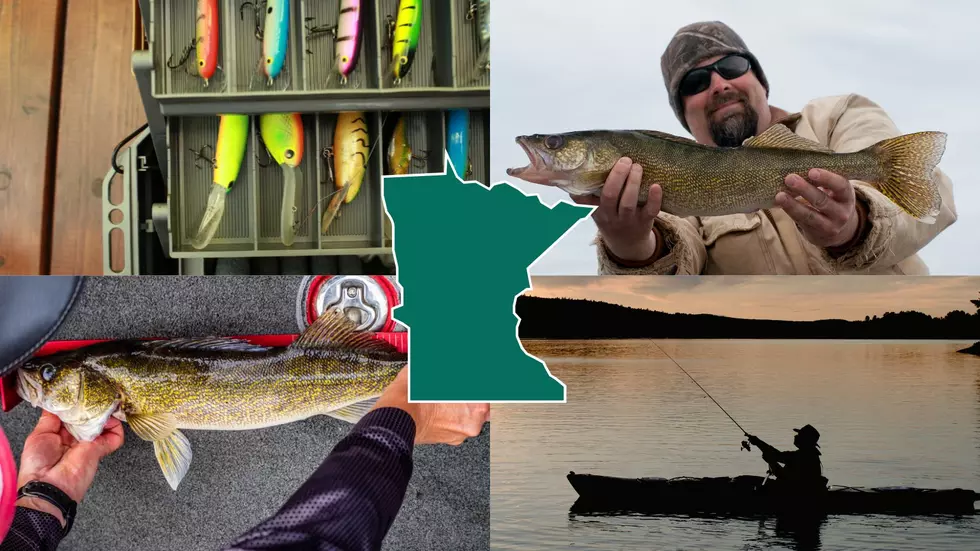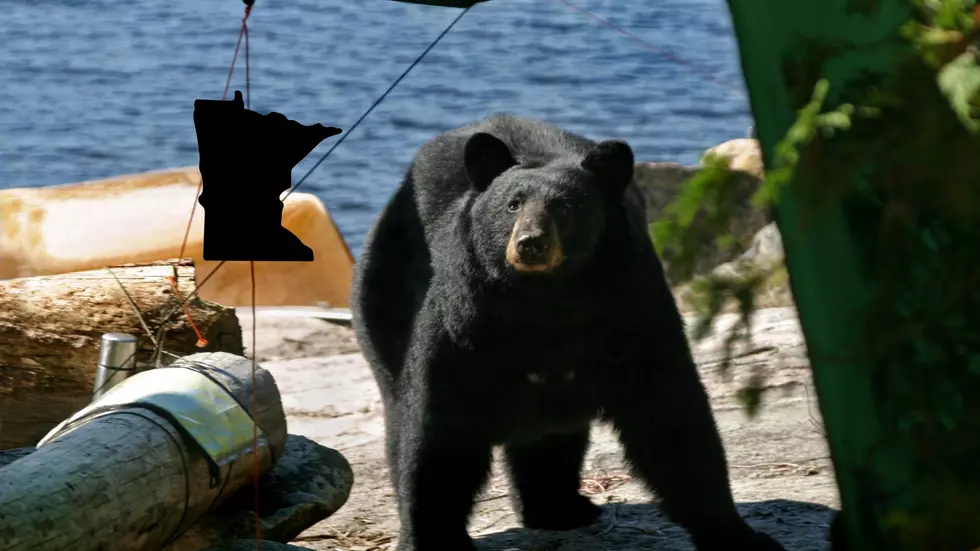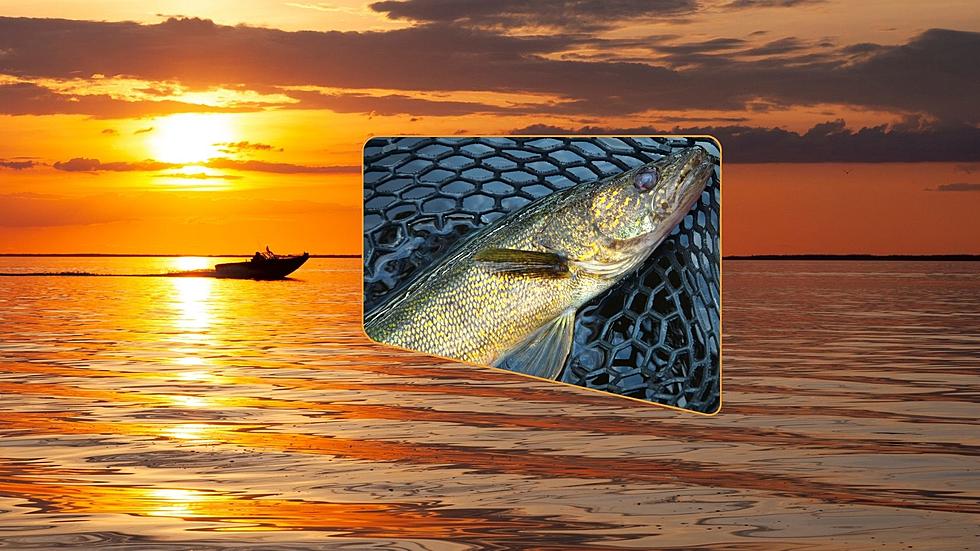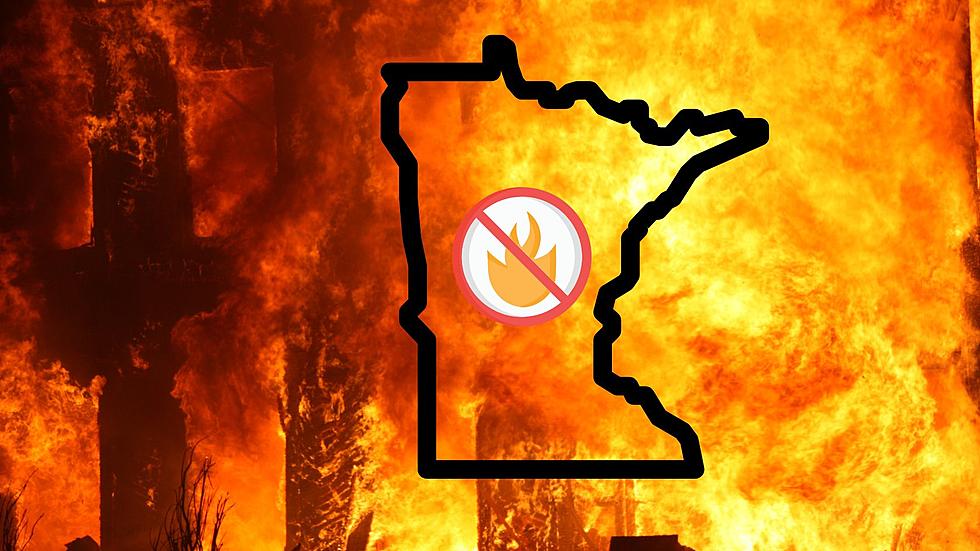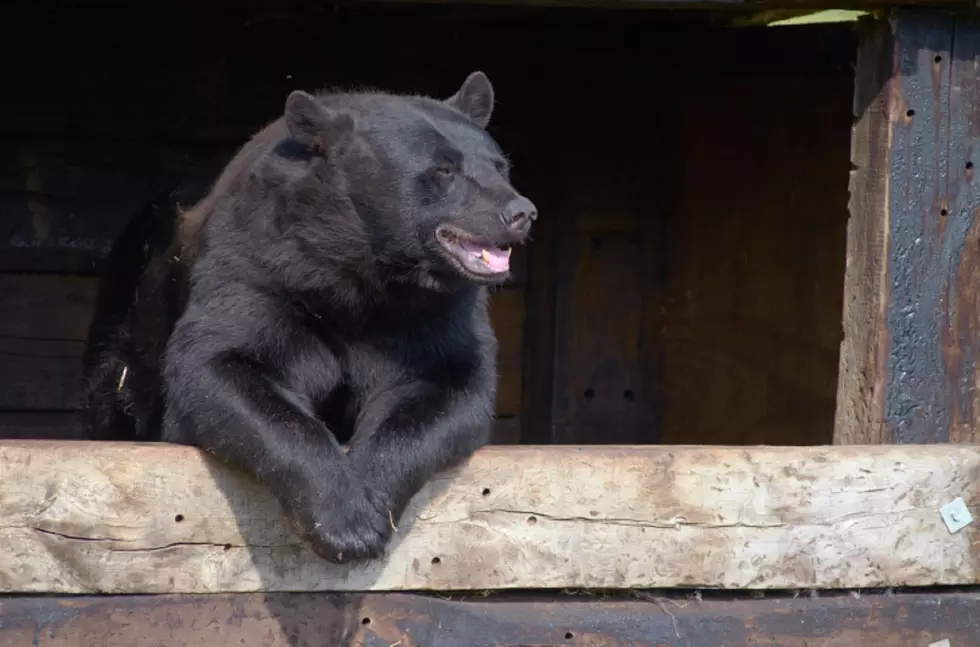
Use These Tip to Avoid Bear Conflicts This Spring
It's spring, which means bears are active and roaming around and interactions with people is inevitable.
According to the Minnesota DNR, the black bear's metabolism is ramping up and they are out looking for food at a time when berries and green vegetation can be scarce.
While black bears are mostly shy and avoid direct interactions with humans, if you provide them with a food source they will certainly hang around or pay your property a return visit. I've seen this personally as just last summer we had a black bear return to our neighborhood several times because he was finding food a various houses.
The DNR offers some tips for avoiding bear conflicts:
Around the yard
- Do not leave food from barbeques and picnics outdoors, especially overnight. Coolers are not bear-proof.
- Replace hummingbird feeders with hanging flower baskets, which are also attractive to hummingbirds.
- Eliminate birdfeeders or hang them 10 feet up and 4 feet out from the nearest trees.
- Use a rope and pulley system to refill birdfeeders, and clean up spilled seeds. Where bears are a nuisance, birdfeeders should be taken down between now and December 1.
- Store pet food inside and feed pets inside. If pets must be fed outdoors, feed them only as much as they will eat.
- Clean and store barbeque grills after each use. Store them in a secure shed or garage away from windows and doors.
- Pick fruit from trees as soon as it’s ripe and collect fallen fruit immediately.
- Limit compost piles to grass, leaves and garden clippings, and turn piles regularly. Do not add food scraps.
- Harvest garden produce as it matures. Locate gardens away from forests and shrubs that bears may use for cover.
- Use native plants in landscaping whenever possible. Clover and dandelions will attract bears.
- Elevate bee hives on bear-proof platforms or erect properly designed electric fences.
- Do not put out feed for wildlife (like corn, oats, pellets or molasses blocks).
Garbage
- Store garbage in bear-resistant garbage cans or dumpsters. Rubber or plastic garbage cans are not bear-proof.
- Keep garbage inside a secure building until the morning of pickup.
- Properly rinse all recyclable containers with hot water to remove all remaining product.
- Store recyclable containers, such as pop cans, inside.
- Store garbage that can become smelly, such as meat or fish scraps, in a freezer until it can be taken to a refuse site or picked up by refuse collector.
- Take especially smelly or rotting garbage as soon as possible to your local refuse facility so it can be buried.
More From B105

